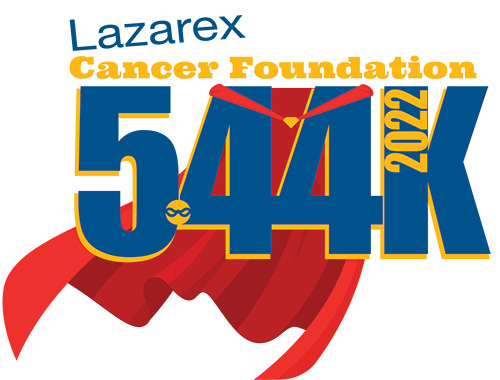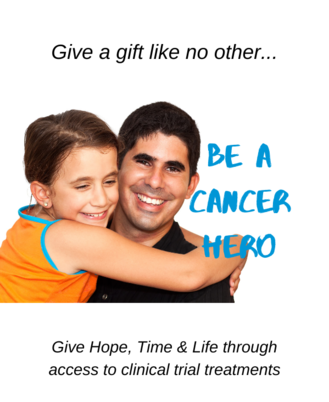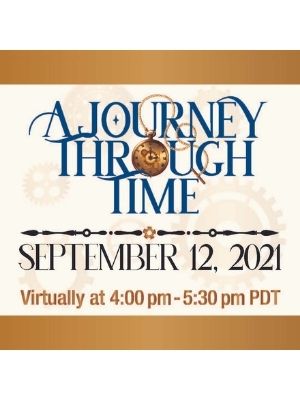Diagnosed with AML, Laura Beth West faced a series of daunting challenges along her journey to be cancer free
Laura Beth West has many roles in her life. The 44-year-old is a wife, mother of 3, a sister, a daughter, and a niece with her very tight-knit family. She is also a nurse with her own practice in rural Tennessee, serving a community of 8,000 people. So that made her cancer journey especially stressful because when she was diagnosed in March 2021 with acute myelogenous leukemia (AML), a cancer of the blood and bone marrow, she was worried not only about her own health, but how taking a break to treat it would impact the many patients who are dependent on her.

She didn’t have a lot of time to figure it out. After getting a blood draw because she was tired, a pathologist discovered an abnormality in her blood. She sought out the opinion of an oncologist in Memphis and within 24 hours, she was admitted to the hospital for 30 days of treatment.
“He just said, you can’t go home and get a bag. You need to go straight to the hospital, and you’ll be there for a minimum of 30 days. I was scared to death,” Laura Beth recalls. “I didn’t get to give my kids a hug or an explanation. My husband and my sister went home to tell my children, my youngest was 7, my boy is 11. My oldest had more of an understanding but it was devastating for us all. I just immediately stopped working too.”
Laura Beth had intense treatment including three rounds of chemo, which put her into remission, but then she discovered some cancer remnants remained and kept growing so she went to MD Anderson for additional help. That’s when they offered her the option to participate in a clinical trial. The first trial treatment didn’t work, so they ordered a bone marrow transplant, which required her to relocate to Houston, 10 hours from her home, for the next six months. The good news was that her sister Amy turned out to be a 100% bone marrow match. “That was a real blessing,” Laura Beth says.
But a lot of things got difficult after that. Laura Beth, her sister – and their father who traveled to Houston with them, all got Covid. Getting the transplant was physically daunting. Figuring out how to cover all the costs of getting and staying in Houston for all the treatment was extremely challenging too. There wasn’t much they could do about the challenge of those first two things but they did discover that the Lazarex Cancer Foundation could help with the financial challenges Laura Beth was facing.
“The Lazarex Cancer Foundation is wonderful. I found out about them just sitting in a waiting room. I didn’t know about them until someone told me and they’ve been so helpful to me,” Laura Beth says. “My life was pulled right out from under me and I needed all the help that I could get. When you are the one in need, it’s not easy to accept help. I’m so grateful for all that’s come my way from Lazarex and from my community of 8,000, which raised more than $30,000 to help me with all the costs.”
Laura Beth’s cancer is now in remission and she is back at work as a nurse. She primarily focuses on helping healthy patients and letting her partners handle the sick ones since the medication she takes leaves her immunocompromised. But she is thrilled to be back doing what she loves and that now includes making sure patients know about clinical trials and the Lazarex Cancer Foundation if they’re diagnosed with cancer.
“I really try to pass that information forward because finances are what keep a lot of people from going to that next step to seek cancer care in a clinical trial. They’re thinking about how they’re going to pay their house payment or how they’re going to get the gas or afford a hotel room when they go to the hospital to get treatment,” Laura Beth says. “Thank goodness for the Lazarex Cancer Foundation. They are a light that many people don’t know about. There are so many clinical trials out there that you might be able to have access to and there are ways to make it work. I was definitely my own advocate through this and now I really try to advocate for others.”
Here are several registries for matching patients to stem cell or bone marrow donors:




